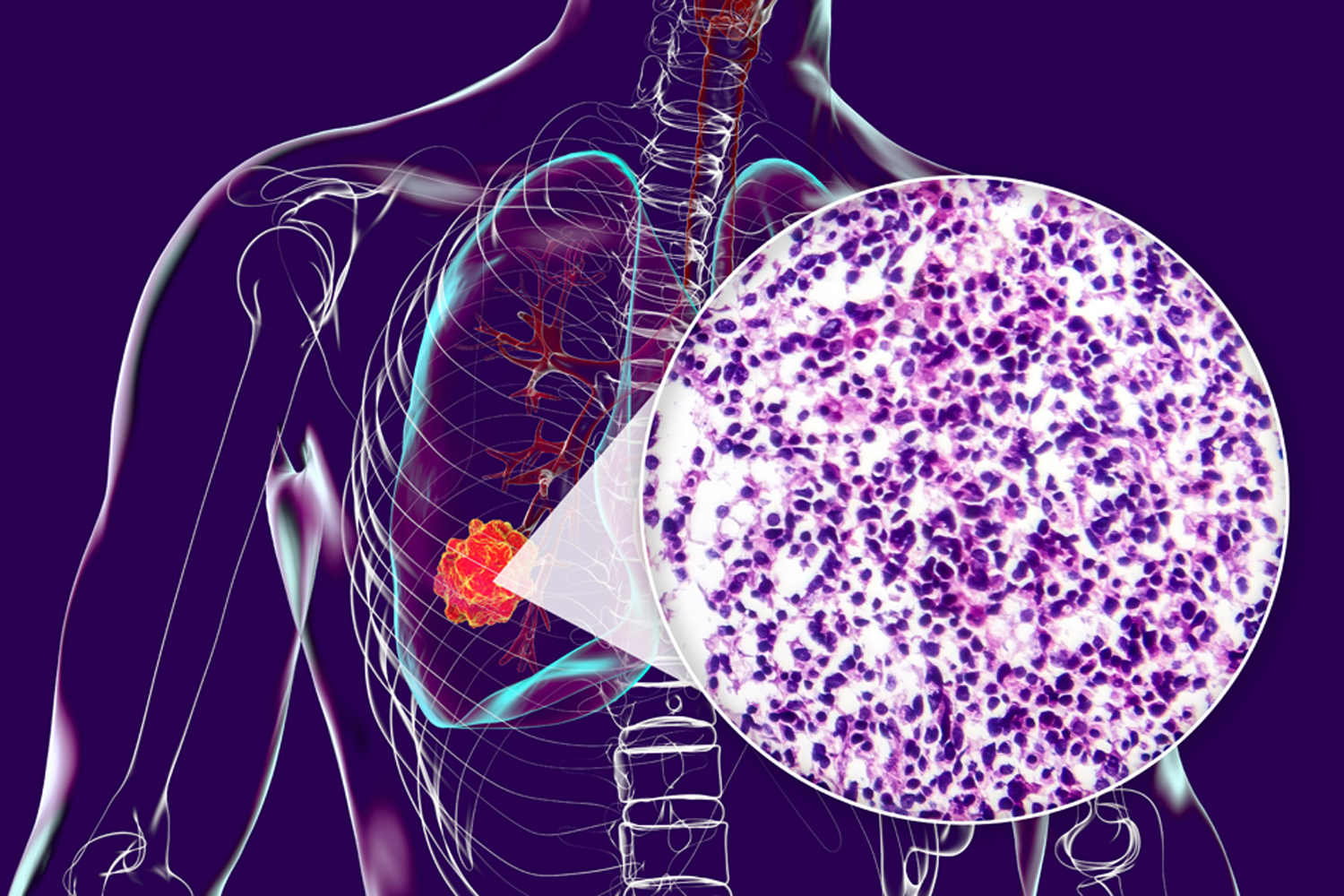-
Vaccines Spark Activity in Pancreatic Cancer
Scientists thought pancreatic cancer wouldn’t respond to immunotherapy. Now research has found vaccines can trigger the immune system to fight the disease.
by Thomas Celona
-
Lifestyle Choices and Cancer
What people eat and drink and their level of physical activity can affect their risk of having cancer. New interventions aim to reduce risk factors.
by Kevin McLaughlin
-
Forward Look
Improving Colorectal Cancer Screening OptionsTests currently in development seek to offer greater accuracy and reach more people.
by Eric Fitzsimmons
-
Endometrial Cancer and Screening for Lynch Syndrome
AACR highlights team research that led to Lynch syndrome testing for all people with endometrial cancer in the U.K.
by Marci A. Landsmann
-
Improving Glioblastoma Treatment
Phase I clinical trial finds adding a radiosensitizer may improve radiation’s ability to kill this fast-growing brain cancer.
by Thomas Celona
-
Quality of Life Across the Lifespan
As more people diagnosed with and treated for cancer live years beyond treatment, researchers look for ways to improve quality of life.
by Kevin McLaughlin
-
Results That Matter
Cancer medications granted accelerated approval are often confirmed despite not demonstrating a benefit in overall survival or quality of life.
by Eric Fitzsimmons
-
Genetic Testing for Women With Breast Cancer
New recommendations clarify when women diagnosed with breast cancer should be offered genetic testing for inherited cancer risk.
by Laura Gesualdi-Gilmore
-
TIL Therapy Amplifies the Immune System’s Attack on Melanoma
The recently approved immunotherapy Amtagvi uses a patient’s own immune cells to destroy advanced melanoma.
by Sandra Gordon
-
Facts and Stats
Breast Cancer Survival Rates Continue to RiseNew report highlights decades of progress, as well as a persisting disparity.
by Thomas Celona
Cancer Talk
Treatment Combination Improves Survival in EGFR-positive Lung Cancer
Adding chemotherapy to targeted therapy improves outcomes for people with advanced EGFR-positive non-small cell lung cancer.
by Sandra Gordon
Lessons From 20 Years Living With CancerMultiple myeloma survivor Jonathan Gluck reflects on uncertainty, and the scientific progress that has kept him living with cancer for more than two decades.
by Eric Fitzsimmons
The Enduring Importance of Cancer Disparities ResearchOpening session from AACR conference highlights how perseverance and adversity have informed cancer disparities research over the years.
by Eric Fitzsimmons
Most Cancer Survivors Don’t Meet Healthy Diet GoalsDespite research linking fruits and vegetables to cancer survival, many people do not change their eating habits after diagnosis.
by Darlene Dobkowski















